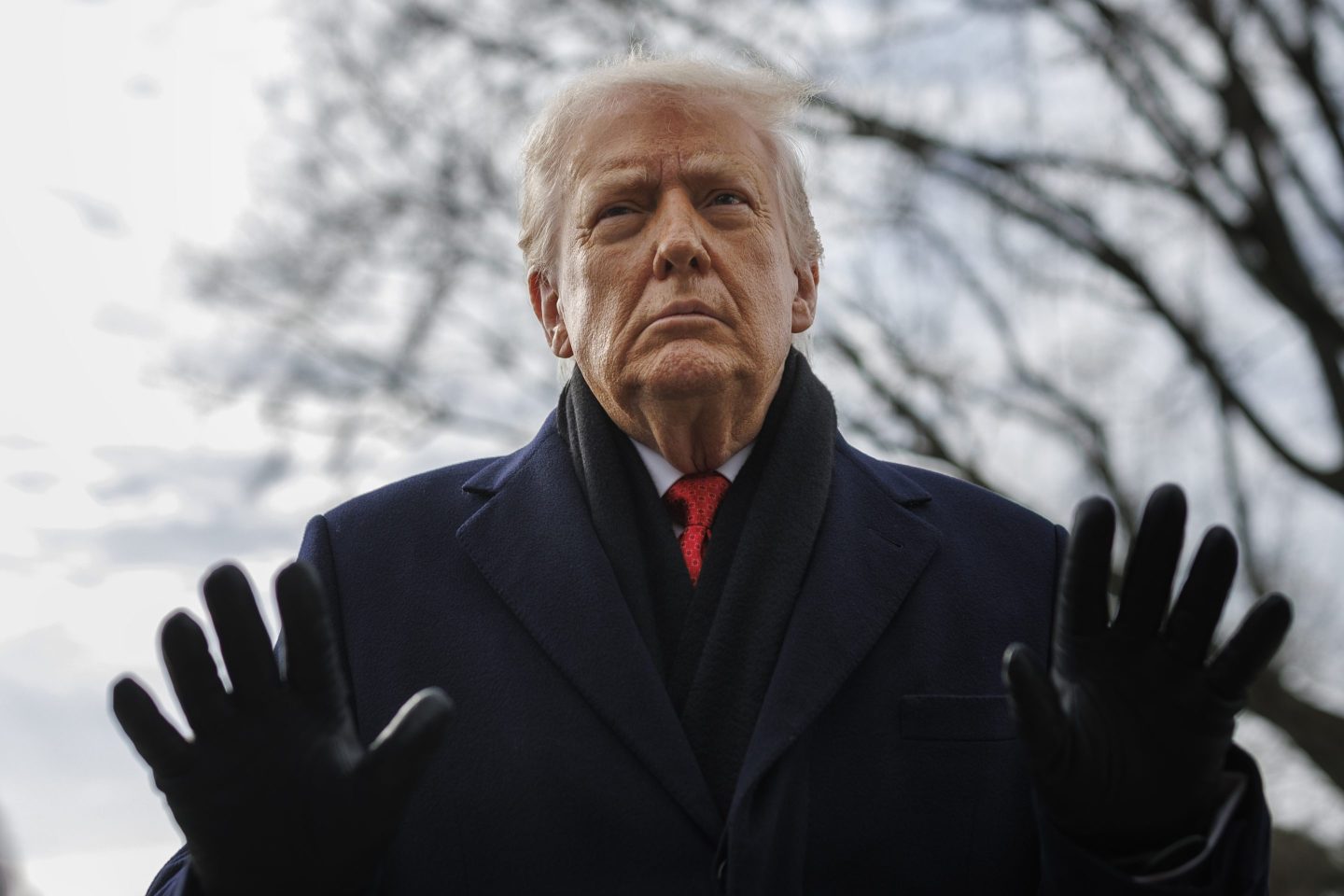Lawyers disagree about when, if ever, it’s a crime to unlock an iPhone. Most agree that unlocking your own iPhone doesn’t pose a problem – but things get murky if you post instructions online for unlocking an iPhone, or if you sell software for unlocking iPhones.
That’s the conclusion
Grant Gross comes to in his InfoWorld story
about the subject. Unlocked iPhones are the talk of the tech and telecom worlds after three groups claimed last week to have separated the Apple (AAPL) phone from its AT&T (T) network using different methods.
People who argue that unlocking the iPhone could be illegal point to the Digital Millennium Copyright Act’s anti-circumvention provisions, the same rules that make it illegal to crack the encryption on Hollywood DVDs and other media. But the DMCA provision has an exception for people who unlock their phones “for the sole purpose of lawfully connecting to a wireless telephone communication network.”
[See here.]
So I have a problem with the argument that unlocking an iPhone should ever be illegal. If it’s legal under the DMCA for people to unlock their own phones, why should it be wrong for people to help others do the same thing?
The truth is, unlocking phones is different from unlocking Hollywood DVDs. In the case of DVDs, the studios can argue that when people break their locks, the result is that people steal their intellectual property. But in the case of a phone, it’s not so simple. If I buy a phone and I want to lawfully use it on the network of my choosing, who’s getting ripped off? I still bought the phone, and I’m still paying a carrier for service. I’m just doing it on my terms.
I could see AT&T arguing this as a security issue – the company could say that unlocked phones on their networks could be running software that they have not tested for compatibility. But there are holes in that argument. Unlocked phones are common on GSM networks, and AT&T might have to prove why the iPhone is any different. I also have a hunch that T-Mobile, the other major GSM carrier in the United States, might say it has no problem at all with unlocked iPhones on its network.
Still, it’s possible that wireless carriers would find a way to fight widespread phone unlocking. In the United States, Verizon Wireless (VZ), AT&T, Sprint (S) and T-Mobile (DT) have taken great pains to keep customers tethered to their service plans by subsidizing phones.
Mostly, that business model has worked quite well. More than half of the cell phones that U.S. consumers bought this spring cost them less than $50 after carrier subsidies, according to NPD Group.
Thanks to Apple, though, a new day is dawning. The iPhone is proving that some number of consumers – probably in the millions – is willing to pay a premium for an unsubsidized phone with the right design and feature set.
Now that the iPhone is among us, it’s going to be tough for carriers to argue that it should be a crime to unlock it and use it on another network. Sure, unlocking a phone might void the warranty in some cases, and then switching carriers might result in an early termination fee.
But should it be a crime? I don’t think so.










